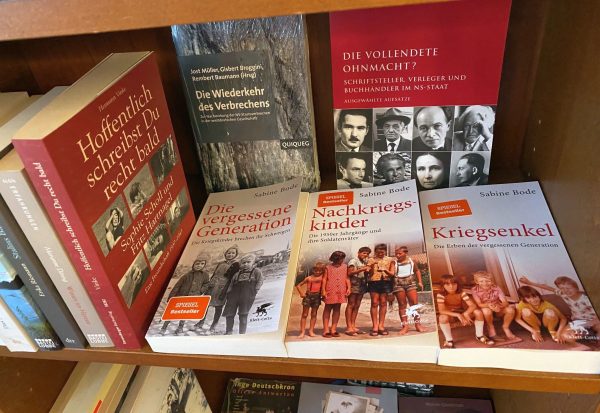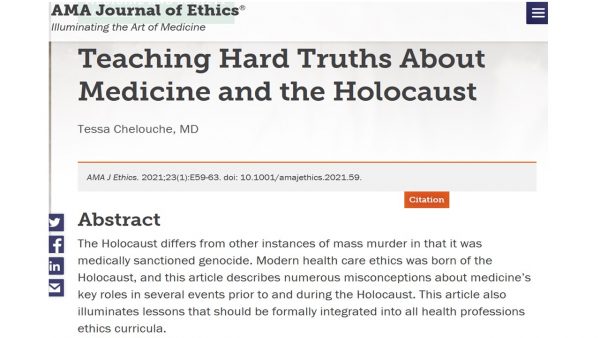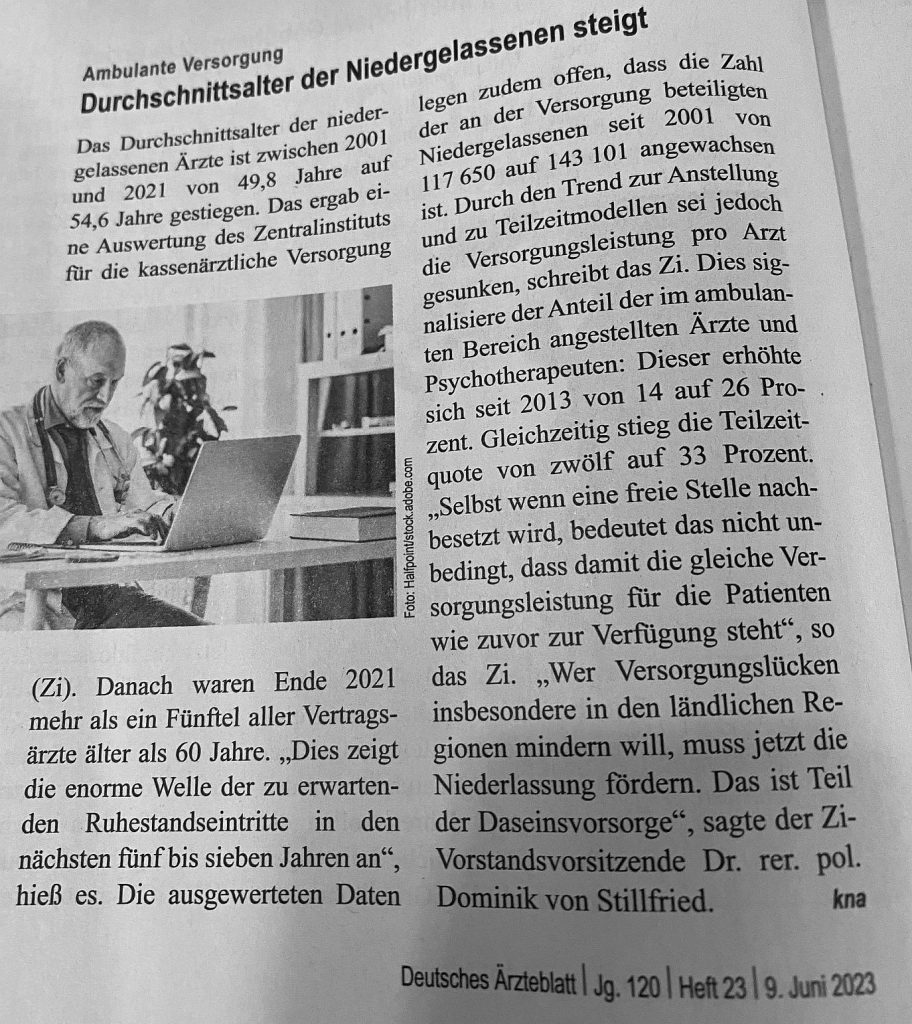The are many professional organisations which agree after thorough discussions on guidelines how to conduct professional services. As long as we have such guidelines, the adherence to the guidelines is an issue as well. This is part of a research program of organisational sociology, but there is a rather strange paradox in this field of compliance with guidelines. In the most highly educated professions like medical doctors, the rate of compliance to guidelines is below average. A study of 20+ years ago published in the JAMA Journal: Cabana et al. (1999) “Why Don’t Physicians Follow Clinical Practice Guidelines?” highlighted this paradox among medical doctors. The lack of awareness of existing or changed guidelines is one of the major reasons mentioned in this respect. Self-efficacy is also an issue, but mentioned less frequently for not following guidelines.
Besides a professional bias, related to the above average educational attainment of physicians, (believed) superior coping mechanisms compared to the average population might be at work. Mastering advanced technology might lead to a behavior that assumes to be able to handle higher risks as well.
For a profession that is used to confront issues of life and death on a regular basis some adherence to a very specific medical guideline might appear a negligible risk. However, maybe comparable to some cases among politicians or priests a logic: “rules or guidelines are for others to follow” rather than the physicians bear obvious risks to these persons themselves, but even to others in specific circumstances like the spreading of infectious diseases.
Drug or substance abuse has been evidenced before in relationship with specific professions or in historical time periods. We should take care to repeat similar studies (Cabana et al. (1999) every now and again.








